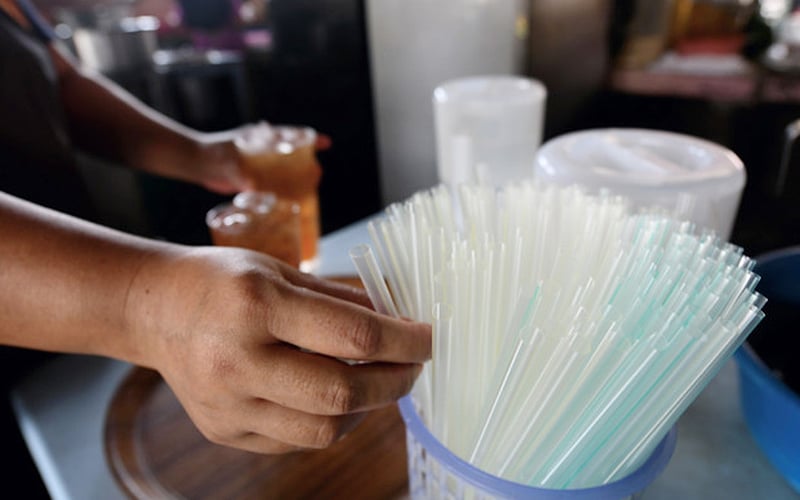
PETALING JAYA: A consumer group has suggested tax incentives for companies and consumers as part of efforts to reduce plastic waste, especially those targeted at research and development (R&D) in the private sector.
Tarmizi Anuwar, the Malaysian representative of the Washington-based Consumer Choice Centre, said that emphasis on private sector R&D could lead to the production of cheaper sustainable alternatives.
“Incentives do not necessarily mean grants. If a company or the private sector invests in R&D, the government should give tax exemptions or at least reduce taxes for them,” he told FMT.
Tarmizi said these measures should be complemented by reduced trade barriers for the import of alternatives as well as reduced bureaucracy, streamlining patent processes for sustainable products.

“The government needs to reduce the barriers to the import of more sustainable products, increasing accessibility to a broader range of goods,” he said.
Current initiatives to combat plastic waste in the country include a ban on drinking straws in the Federal Territories and Selangor, as well as charges for plastic bags in states like Penang, Selangor, and Johor.
Despite these measures, Malaysia ranks third globally for annual ocean plastic waste, as revealed by a 2021 study in the Science Advances scientific journal.
Malaysia’s plastic waste surpasses that of countries with much larger populations, including China, Indonesia, and Brazil.
Last year, the government announced a plan to eliminate single-use plastics from the retail and business sector by 2025. Natural resources, environment, and climate change minister Nik Nazmi Nik Ahmad said the ban would be executed in phases.
However, Tarmizi said consumers should not be coerced into paying additional charges for plastics, adding that the use of alternatives should instead be incentivised.
He said imposing extra fees for the use of plastic or encouraging consumers to opt for alternative products placed a financial burden on them in both situations.
“One of the measures that could be implemented for consumers is a tax exemption. To get a tax exemption, consumers can show proof, such as receipts, that they are using more sustainable alternatives,” he said.
Mageswari Sangaralingam, honorary secretary of Sahabat Alam Malaysia, suggested a “refill system” at restaurants and food stalls which would encourage consumers to use their own containers.

“Stores can offer discounts for those who bring their own containers. From our experience, when we bring our own containers, we sometimes get more food when we get takeaway.
“Incentives, not false solutions, should encourage this. The government came up with biodegradable plastics, but they are still single-use. We should prioritise reusable products,” she said.
Citing reusable sanitary pads and cloth diapers as more sustainable alternatives, Mageswari added that reviving traditional practices could also reduce plastic waste, as the majority of waste comes from packaging. - FMT



No comments:
Post a Comment
Note: Only a member of this blog may post a comment.